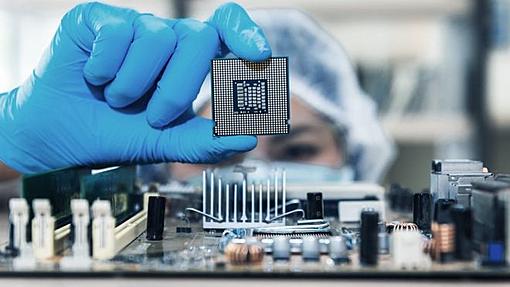IBM, head of the US tech giant, said the shortage of computer chips could take another two years.President Jim Whitehurst that it might take "a few years" before the situation improves.Many companies see production delays due to the absence of semiconductors caused by the epidemic.The shortage has escalated as demand for TVs, phones and game consoles rises while consumers are stuck at home.Mr. Whitehurst said on BBC World Business News, "There was a significant delay between the time technology was developed and
when the เกม slotxo technology was developed. [Artificial plant] goes into construction and when the chips come out. Honestly, we're considering a couple of years before we can get enough additional online capabilities to alleviate every aspect of the chip shortage.IBM licenses microprocessor technology to the world's largest chipmakers such as Intel, TSMC and Samsung.Whitehurst added that the company will have to look elsewhere to meet consumer demand.
We will need to consider recycling, extending the lifespan of some types of computer technology, as well as accelerating our investment in computer science and technology." These [artificial plants] can be empowered online as quickly as possible,The shortage, which intensified after many factories shut down during the outbreak of the epidemic, as demand for home computers, game consoles and smartphones soared.Apple, the world's largest semiconductor buyer, was forced to delay the release of the latest iPhone due to a shortage.
Whitehurst is the latest technology head to focus on the issue.Chuck Robbins, head of network giant Cisco,in April he believed the shortage would last for at least another six months.U.S. President Joe Biden also viewed the shortage as a long-term issue and used the White House summit with business leaders last month to call on them to make the country a global leader in computer chips.Amid the trade and technology war with China, the White House said it was "The highest priority and immediate"
According to the Semiconductor Industry Association in the United States, approximately 75% of the global production capacity is in East Asia.Taiwan's TSMC and South Korea's Samsung are outstanding players.European politicians also want more chips made in the country.At the same time, China has seen tremendous growth in the demand for domestic chips to drive new technologies. But it has a small share of global production capacity.




 LinkBack URL
LinkBack URL About LinkBacks
About LinkBacks

 Reply With Quote
Reply With Quote